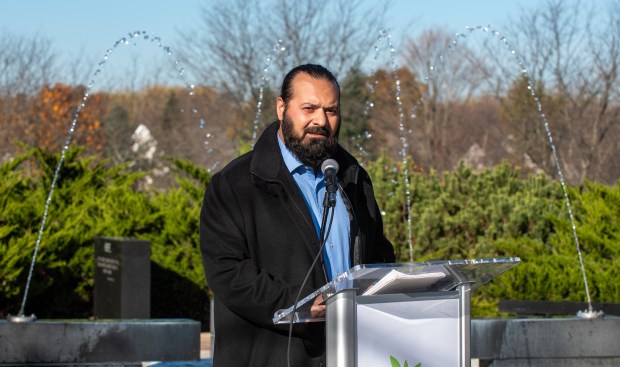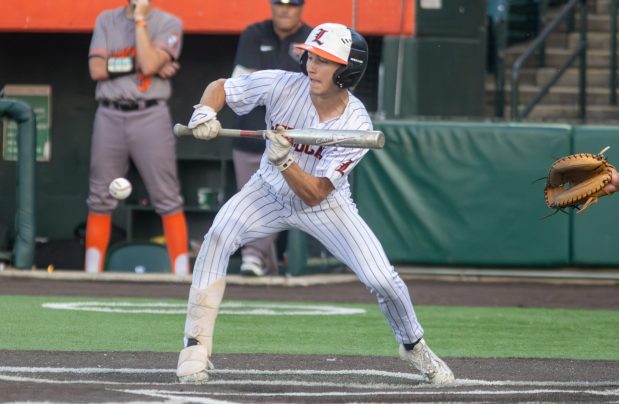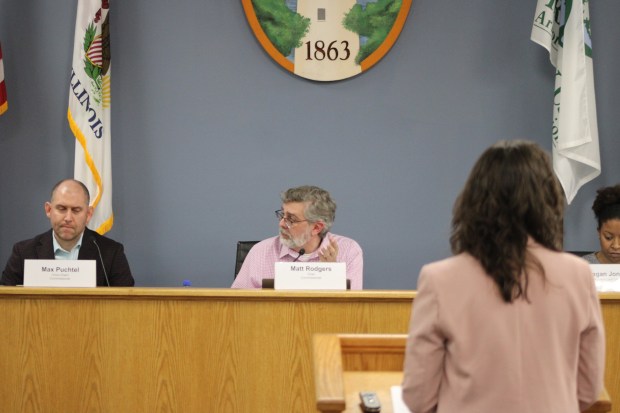U.S. Army veteran Steven Bramer’s life was saved twice – once in Iraq and again in Northwest Indiana.
Bramer credits John Rodriguez of Disabled American Veterans for saving him from a spiral into alcohol and other destructive behavior several years after Bramer’s return from Iraq.
Bramer served in the Indiana National Guard 113th Battalion’s Charlie Company, including his tour in Iraq in 2005. He was awarded the Purple Heart.
He spoke about his experiences Friday morning during the Veterans Day program at the Valparaiso’s Service Memorial at Foundation Meadows Park.
Bramer enlisted in January 1997 and began basic training six months later, then trained to become a draftsman surveyor. A year later, after there was little for him to do, he was reclassified as a combat engineer. “That’s where we blow stuff up. That was a lot more fun,” he said.
His unit was sent overseas in October 2004, first to Kuwait and then to Mosul, Iraq, in January 2005 for the duration of his tour.
When Iraq held its first elections, Bramer’s unit helped secure polling locations, including putting concrete barriers in place to secure the areas. “There were a couple of shootouts and stuff, but it wasn’t too bad,” he said.
Afterward, his unit responded when there was a roadside bomb or suicide bomber. “We would go out and either disarm the roadside bomb, which we never did, or blow it up in place,” Bramer said. “We blew everything – houses, cars, that didn’t matter,” he said.
In Iraq, Bramer was riding in a Hummer when when a wire from an unexploded bomb caught his neck, sinking in about a quarter inch and pulling out of the vehicle.
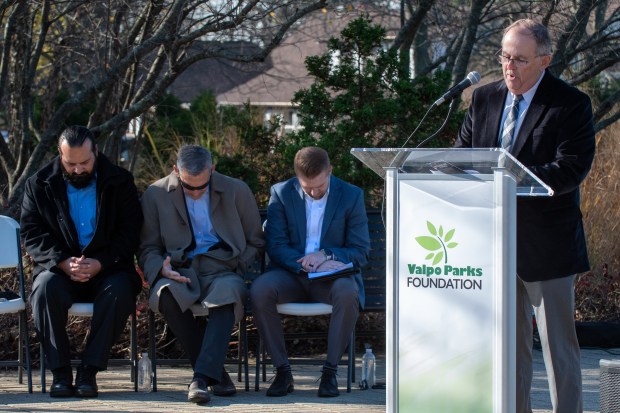
It’s a vivid memory. The Iraqi army called out Bramer’s unit on a mission at 11 p.m. to deal with a roadside bomb.
“We go to find them, and there’s nobody there. Most of the time when that happens, there’s an ambush. We turned around, and on the way back I was in the second home Hummer in the turret,” Bramer said. The wire started pulling him out of the turret.
“They heard me yelp on the radio, so they thought I was shot. They started going faster. Well, that actually started pulling me out of the Hummer so then the driver saw my foot went by his head, and he just instinctively grabbed it. That was enough tension to break the wire. At that point, I was completely bent backwards,” he said.
“The wire was about ¼-inch in my neck because it was going back and forth all the time, so it was like cauterizing the wound. I slungshot forward, my face on the weapon, and then I fell into the turret.”
Bramer couldn’t move his neck for a month, he said.
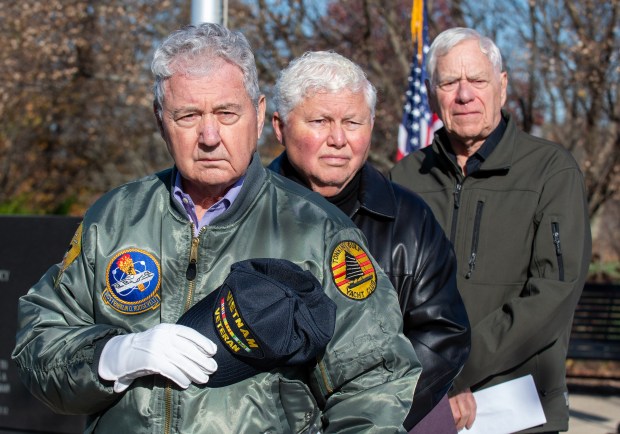
The next day, his flak jacket was still in the Hummer when it was hit again by mortar far.
“We almost lost five guys that week,” he said. “It was crazy.”
Bramer said he wasn’t the best soldier, having issues with being on time and shaving his face – he now wears a full beard – but decided after a decade it was time to enter civilian life.
He had an $80,000 job working for an engineering firm, but it was hard to adjust to civilian life. “You can’t turn off that training. You can’t turn off that old being aware of stuff. It’s hard when you come back,” Bramer said. “You don’t have your battle buddies there to help you.”
After a few years, Bramer quit his job. At one point, he moved to East Chicago without even telling his family for a month where he was living, working as a laborer. “I was just lost, so I started reaching out to different veterans that I knew that I served with, and that’s when they brought me to the DAV,” he said.
The gave him a sheet of paper with all the criteria for PTSD. “I was looking at it, checking off the things that I think I am, and it dawned on me that I had PTSD. This is four or five years after I’ve been back. I didn’t even realize that at the time.”
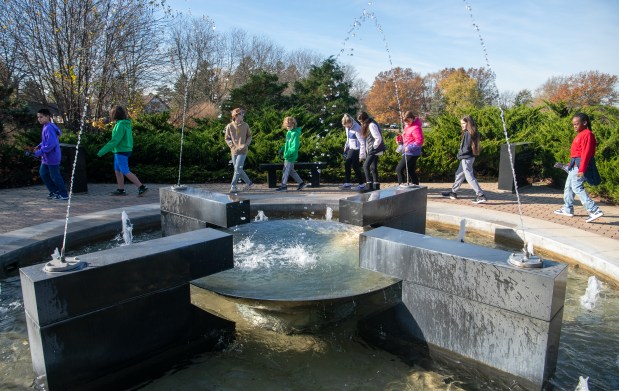
Now Bramer serves an officer for the Military Order of the Purple Heart Association and Disabled American Veterans. He helped organize a DAV chapter in Valparaiso; it’s now one of the largest in Indiana. He’s co-host of the Veterans Views radio show on WJOB.
At Friday’s ceremony, Mayor Jon Costas stressed the importance of thanking people for their service to their country. “It means a lot to them, so look for ways to show your thankfulness to them over this next week and the weekend.”
“We’re here today to recall that level of sacrifice that so many men and women have paid for us and are making right now in our first responders and those serving in the military,” Costas said. “That is the spirit that we’re celebrating and that inspires us to do whatever is necessary for the greater good and to love our neighbor.”
Doug Ross is a freelance reporter for the Post-Tribune.


